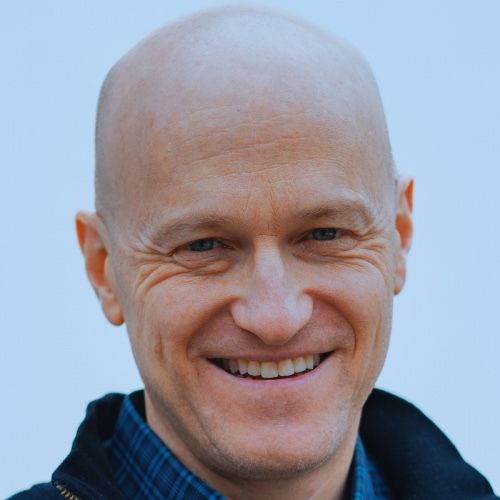Einat Wilf: What Do Most Palestinians Actually Want?
Do most Palestinians want their own state in the West Bank and Gaza, one that co-exists with the state of Israel? Is the conflict between Israel and Palestinians primarily about territory and the solution therefore simply to trade territory for peace?
For many years, as an advisor to Israel's top leaders and member of its parliament, Einat Wilf thought so.
Then she started to listen deeply to what Palestinians were saying, and what she heard stunned her. What Palestinians wanted was a land to themselves so they could return to the homes their families once occupied in Israel proper. What they didn't want was a Jewish state.
This discovery, coupled with extensive research into the century-long history, left Einat with a dramatically different view of the conflict. Palestinians' dream of "return" and the world's support for this dream constituted as big an obstacle to peace as Israeli settlements in the West Bank.
Engaging with this possibility may be painful, but it opens new possibilities for long-term peace in the region. If Israel and the United states take Einat's story seriously, they will approach the conflict dramatically differently than they have been doing for decades.
**Key takeaways**
- 4:00 Why Einat believed that the conflict was simply about territory
- 9:39 The purpose and flaws of constructive ambiguity
- 16:00 The shock and meaning of the Second Intifada
- 19:00 Listening deeply to Palestinians and taking seriously what they say they want
- 22:30 The settlements are Israel's most wasteful project
- 28:30 The Jews want a state. The Arabs want the Jews to not have a state
- 31:00 What the Arabs of Gaza did and didn't do when they finally controlled the territory
- 37:30 Why Israel's Labor Party declined
- 40:30 When Arabs say two states, do they mean two Palestinian states?
- 44:00 A clarifying question to a Palestinian student reveals a great deal
- 45:00 The one question Israeli negotiators should ask before entering the room
- 50:00 No refugees anywhere else in the world have had a "right of return"
- 54:00 Amiel's reflections
**Resources**
- Einat's web site
- The War of Return, Einat's book with Adi Schwartz
- Einat's detailed recommendations about where to draw boundaries and which settlements to allow to wither
- Amiel's essay, "Seven lessons seven months after October 7"
**Subscribe to the podcast**
To hear the origin stories of more big ideas, subscribe to How My View Grew on Apple Podcasts, Spotify or wherever you listen to podcasts.
**Share the love**
Leave me a rating or review on Apple Podcasts, Spotify or wherever you listen to podcasts.


